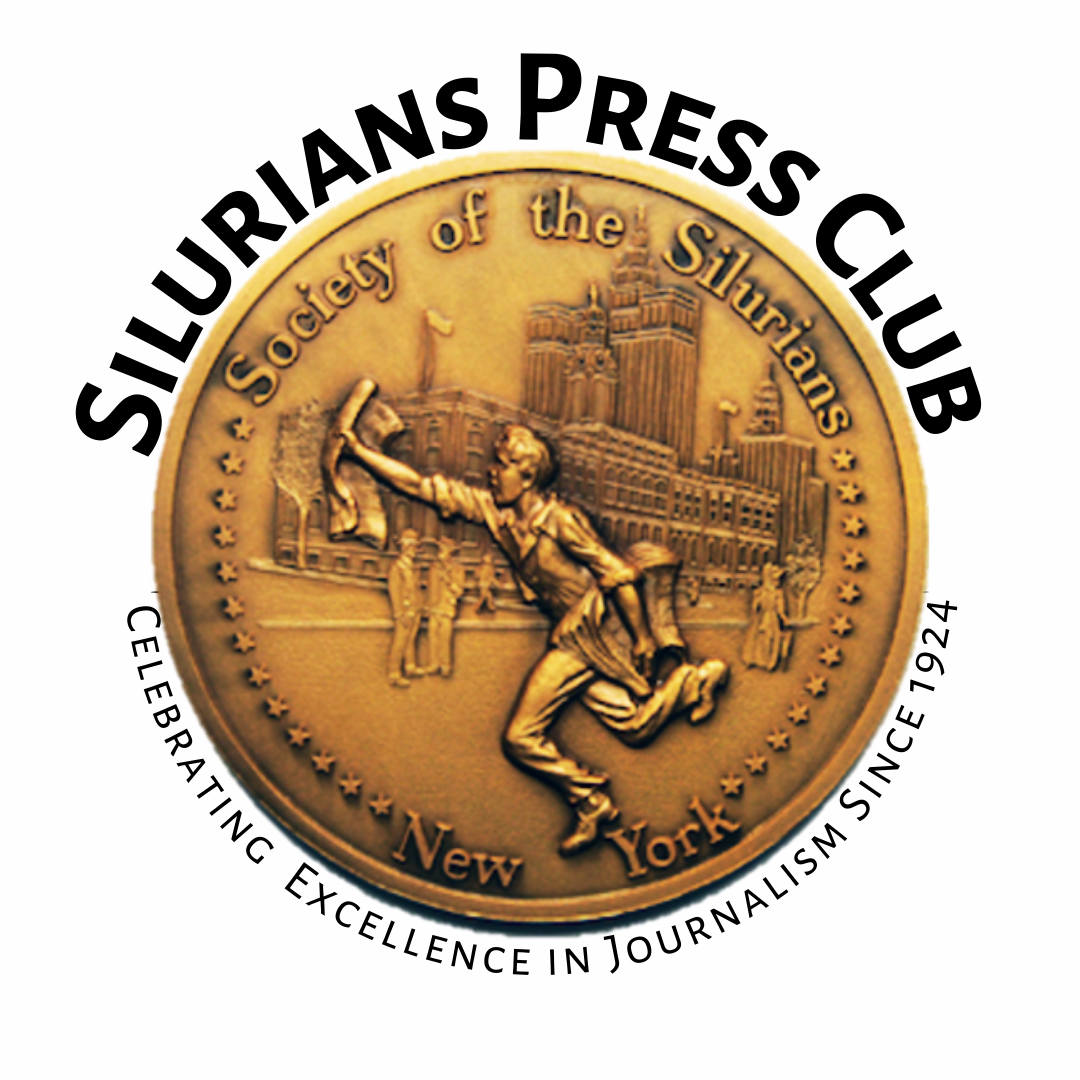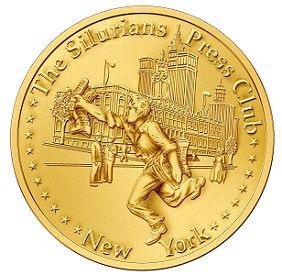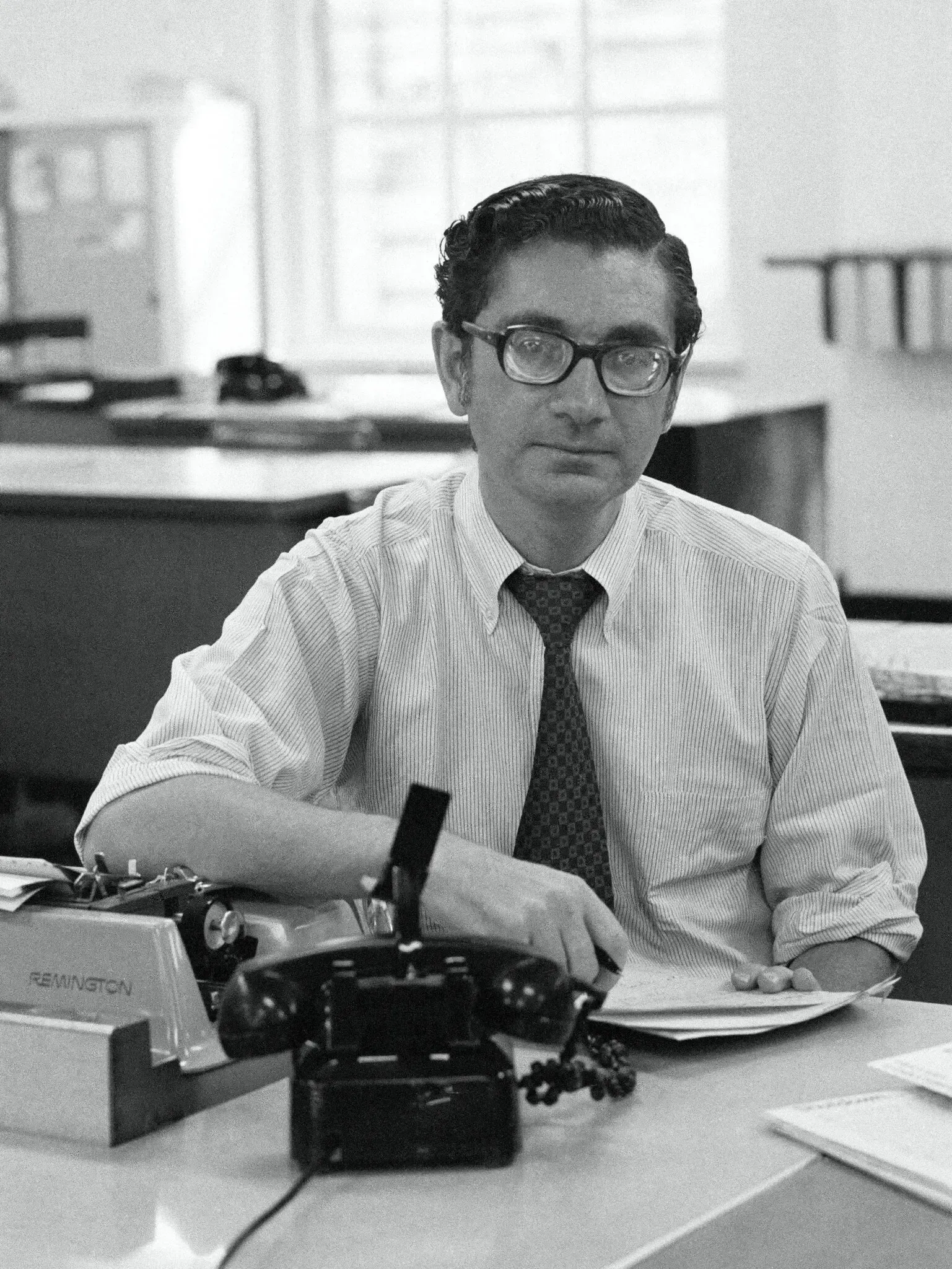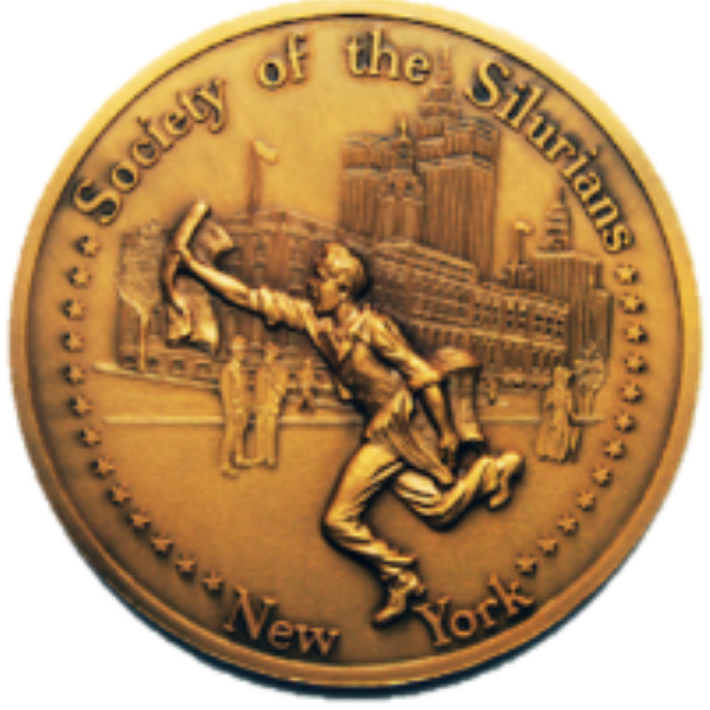Lou Sepersky
You couldn’t miss Lou Sepersky at a Silurians luncheon.
Tall and lanky at 6’4, with a rakish head of salt-and-pepper hair, he would tower over the table with his unassuming personality and ever-ready smile. Lou, a journalist who found his true calling in community leadership, advocating for issues ranging from transportation to women’s rights and civil rights, died of cancer on Sept. 18 at his home in Manhattan. He was 87.
“He had a progressive mind and understood that civil and women’s rights were everyone’s concern,” said Leida Snow, his wife of more than 41 years and a fellow Silurian. Lou went south during Freedom Summer in 1964.
From 1962 through 1975, Lou reported for the Staten Island Advance, The New York Post under Dolly Schiff, UPI, and McGraw Hill, as well as two New Jersey newspapers: the Herald News in Passaic and the Hudson Dispatch in Union City. But as a lifelong Democrat and New Yorker, with a Bachelor’s degree in political science from Drake University and a Master’s in history from the University of Michigan, Lou decided “to get his PhD in New York politics,” Leida said.
From journalism he segued to community activism, serving for more than 50 years on Community Board 6, which encompassed his home district of Manhattan’s East Side. First appointed to the board by Manhattan Borough President C. Virginia Fields, he was subsequently reappointed by every succeeding borough president.
He served as Board Chair for two years but was happiest working behind the scenes. A list of his leadership positions reads like a paean to grass-roots activism. He was chair of the Transportation Committee, a longtime member of the Land Use and Waterfront Committee, and also served on the Parks, Landmarks and Cultural Affairs Committee, the Public Safety Committee, and other committees.
As a transportation advocate, one of Lou’s most passionate causes was the Second Avenue Subway, which he championed tirelessly as early as 1998. Books, newspaper articles, and reports identify him as a “concerned citizen” who pressed for a “fully built” Second Avenue subway at hearings and meetings and worked with elected officials to assure funding for the project. He also pushed unsuccessfully for the JFK AirTrain to continue through to Manhattan, telling the New York Post in 2001 that the $64 million spent on the train was a “colossal waste of money” since it ends in Jamaica.
When a plan arose for the East 34th Street Heliport to hold events like tai chi, farmers’ markets, and a beer garden, Lou was there to talk sense. The now-defunct New York and Chicago website DNAinfo.com quoted him in 2017: “A pilot traveling in an emergency situation does not have the option of looking out and saying, ‘I can’t land there because there’s a rock concert going on,’” he said.
Lou advocated for affordable housing in the plan to redevelop two Con Edison parcels along First Avenue south of the U.N. Among the ways he showed support for women was by donating to a group now called Women Creating Change, among only a handful of men to do so in 2019. His Letter to the Editor advocating a woman’s right to choose appeared in the New York Times in 1982. His letter on congestion pricing, published in the Times in 2007, still is relevant.
Lou’s other roles included serving as the Community District 6 historian and working as a photographer who gravitated to politicians as his subjects. His photo of the late Democratic Congressman Ted Weiss, who served in the House of Representatives for New York from 1977 until his death in 1992, hangs in the Ted Weiss Federal Building in Lower Manhattan. Other examples of Lou’s excellently composed photos can be found in various local publications, often accompanying an article by Leida Snow.
Born in Brooklyn in 1935, Lou spent his adult life living on Manhattan’s East Side—for decades in the East Fifties with Leida. She described him as a passionate New Yorker who was on “the right side” of every important issue. The couple chose to remain in New York during the Covid pandemic while many others left, just one of the many issues they agreed on.
“Lou loved to walk around the city—everything was a show,” Leida said. “The thing that hurt was he couldn’t do it at the end.”
Upon learning of Lou’s passing, several prominent Democratic leaders contacted Leida, identifying Lou as someone who made a difference. Among those were Congressman Jerry Nadler, former Congresswoman Carolyn Maloney, and State Senator Liz Krueger. — Roberta Hershenson



